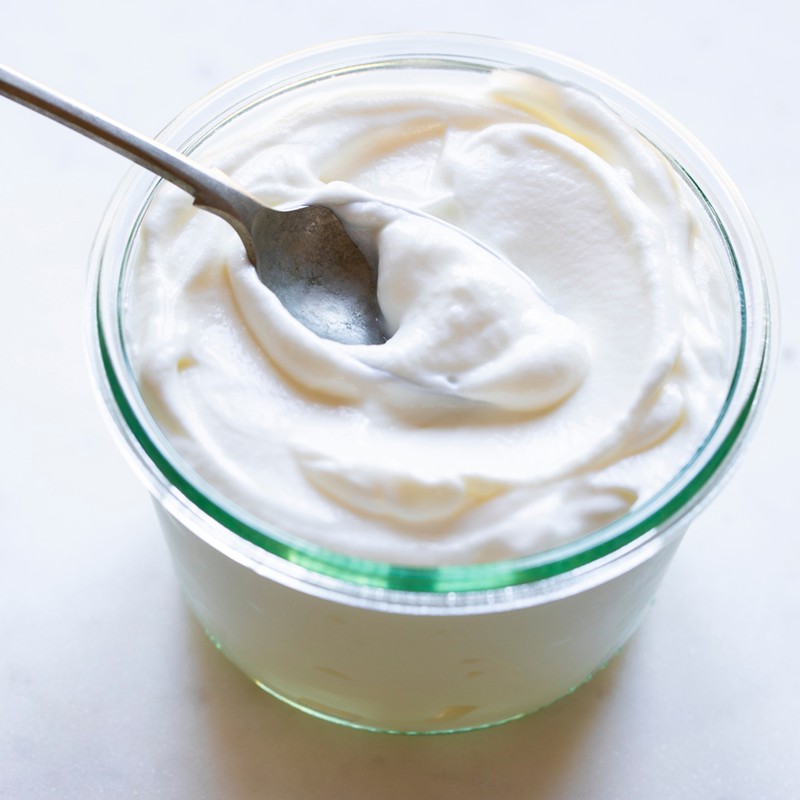
What You Should Think About When Buying Yoghurt
The Fewer Ingredients, The Better
“Yoghurt can certainly be enjoyed as part of a healthy, balanced diet, but not all yoghurts are healthy, even if their clever marketing suggests so. Yoghurt can come with a plethora of health benefits due to its rich nutrient content and can be a fantastic source of protein, vitamins and minerals, including vitamin D, calcium, magnesium and B vitamins. Always look at the ingredients on the nutrition label when you’re in the supermarket or buying online. Ideally, the fewer the ingredients, the better. A good-quality yoghurt will only contain organic milk and live cultures.” – Louisa Dobbs, nutritional therapist
Sugar Is Best Avoided
“The main ingredient to look out for, and avoid, is sugar. Countless research shows that sugar, more than any other ingredient, may be driving some of the world’s most deadly conditions, including heart disease, diabetes and cancer. Furthermore, when we consume sugar, it raises blood sugar levels, and when we have too much, it gets stored as fat, especially around the stomach. The problem is that so many yoghurts brand themselves as healthy yet contain added sugars and other artificial additives, negating their proposed health benefits.” – Louisa
Portion Size Matters
“When buying yoghurt – and working out which is best suited to your diet – keep in mind the protein, calorie and sugar content. And while looking at the nutritional information will help, keep in mind that this is per 100g serving, and a ‘real life’ serving of yoghurt could be anywhere between 150-200g, so make sure to factor that in.
“If you are looking for a yoghurt that provides a good source of protein, an intake of around 20g per serving is ideal – that would mean looking for a yoghurt with approximately 10g of protein per 100g. When looking at carbs, check to see how much is from sugar – ideally anything below 5g or less per 100g counts as low in sugar, and anything with 3g or less of fat per 100g constitutes as low in fat. If portion size is something you struggle with, look to brands like Fage, which sell 170g pots.” – Flo Seabright, nutritionist at FBF Collective
Probiotic Varieties Aren’t Always Guilt-Free
“It can be easy to be lured into thinking probiotic yoghurts are good for you, but the problem with many well-known brands is that their flavoured products contain added sugar and artificial additives. Yoghurt can be a good source of friendly bacteria (also known as live cultures), which can play a vital role in producing vitamins, regulating appetite, supporting the immune system and assisting digestion, but not all yoghurts contain these beneficial cultures, even the ones that claim they do.
“In many cases, the friendly bacteria are killed during processing, packaging and storage methods. Instead of opting for a well-known ‘probiotic’ brand, choose kefir. Kefir is a fermented milk product similar to yoghurt but is a richer source of friendly bacteria and yeast. It is also lower in lactose than yoghurt and therefore may be better tolerated by those with a lactose intolerance. But again, always check the ingredients and avoid a kefir with added sugar – Yeo Valley’s Organic Natural Kefir Yoghurt gets my vote. It’s creamy, tangy and packed with billions of live bacteria from 14 different strains.” – Louisa
Full-Fat Yoghurt Has Its Place…
“For years, we were told to avoid full-fat yoghurt and instead choose fat-free options, but this isn’t necessarily the case. I would recommend choosing a full-fat or low-fat option over fat-free – not only is it tastier, but the fat is more satisfying, and will keep you fuller for longer. Plus, we need healthy fats in the diet to absorb fat-soluble vitamins, such as vitamins A, D, E and K. Moreover, fat slows the rate of sugar absorption, which keeps blood sugar levels stable.” – Louisa
…But A Fat-Free Greek Yoghurt Is Also A Good Option
“If you are managing to get plenty of healthy fats elsewhere in your diet and over the course of the day and are conscious of your overall calorie intake, then a fat-free option may work well for you. Fage and Skyr are two brands to look out for – they tend to be higher in protein than other yoghurts, making them satiating, and despite being virtually fat-free, they are thicker and creamier than other fat-free yoghurts.” – Flo
Plant-Based Varieties Can Be Full Of Sugar
“There are increasingly more plant-based yoghurts emerging in the supermarkets, and the variety in their ingredients means they all vary significantly in their nutritional profiles. Also be aware that many contain added sugars or artificial sweeteners to improve flavour. Coconut yoghurt’s health benefits, for example, come from the fermentation process used to make it, but it also tends to be high in saturated fat (as much as 17g per 100g portion), which isn’t great. Coconut milk kefir is my preferred option. If you prefer plant-based eating, always check the ingredients, and opt for the one that contains the least amount of added sugar. Also look out for a product that is fortified with calcium, vitamin D and vitamin B12.” – Louisa
Adding Your Own Toppings Is Better
“If you want something sweet, you’re better off choosing a plain, natural yoghurt and adding raw honey, stewed fruit or vanilla extract. My favourite snack is a bowl of either Fage 2% or 5% Greek yoghurt, topped with a small handful of both blueberries and raspberries, one tablespoon of almond butter, a tablespoon of chia seeds and half a teaspoon of ground cinnamon. A tablespoon of ground flaxseeds, roughly chopped walnuts, half a sliced banana and a teaspoon of Manuka honey are also good additions.” – Louisa
Here, the experts share their opinion on some of the most popular supermarket yoghurts…
Fage 0% Fat Greek Yoghurt
“This is a top choice and one I often recommend to clients. It’s low in sugar and fat but high in protein, with 10g of protein per 100g. As a result, it’s a great option for those who are aware of their overall calorie intake but want to increase their protein intake throughout the day.” – Flo
Coconut Collaborative Natural Coconut Yoghurt
“This is a tasty choice for those in need of a dairy or gluten-free option, as it ticks both those boxes. It’s also low in sugar, but also low in protein (just 1g per 100g) and high in fat (10g of fat per 100g).” – Flo
Alpro Plain with Almond
“Despite containing added sugar, it still only has 2g of sugar per 100g, and is fortified with vitamins E, D and B12, making it a good source of nutrients for someone following a vegan or plant-based diet.” – Louisa
Activia Prune Fusions
“This yoghurt is marketed as being good for gut health, but it is very high in sugar and sweetening additives. It contains 12g of sugar per 100g serving, with sugar coming from three different sources. A better alternative is to make your own by soaking prunes in water overnight and adding to Greek yoghurt.” – Louisa
Oykos Greek Style Strawberry
“Although this yoghurt can’t be classified as low in fat or high in protein, it does provide a very good and tasty source of calcium. This option isn’t particularly geared towards a certain set of nutritional targets – it contains 8g of fat, 14g of sugar and 3g of protein per 100g – but it’s a delicious treat.” – Flo
Lindahls Kvarg Vanilla
“A fat-free option with 10g of protein per serving, this may seem like a good option but contains two artificial sweeteners, which can have negative effects on the body. Studies have found they disrupt the body’s ability to regulate calorie intake and deal with food cravings, which may result in weight gain.” – Louisa
The Collective Mango Yoghurt
“Although this yoghurt contains live cultures, it’s also very high in sugar, with 13g of sugar per 100g serving. I would recommend enjoying this in moderation rather than as a dietary staple.” – Louisa
Shop the products below...
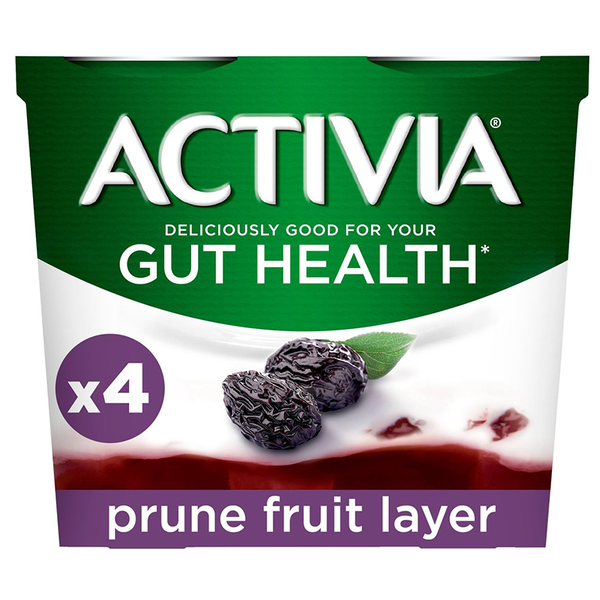
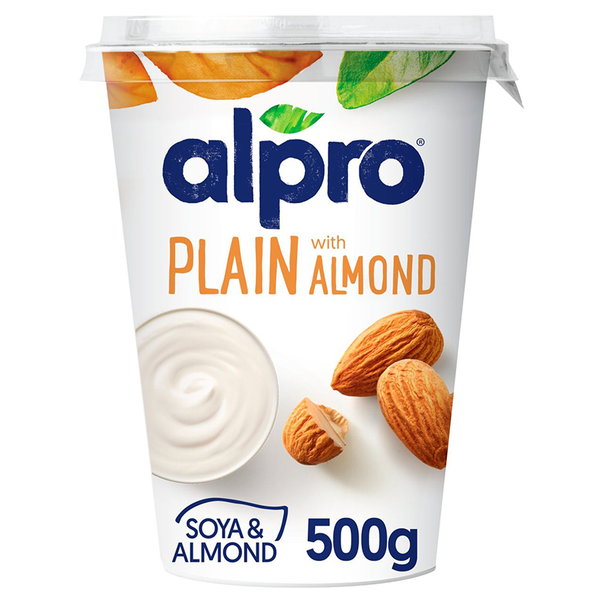
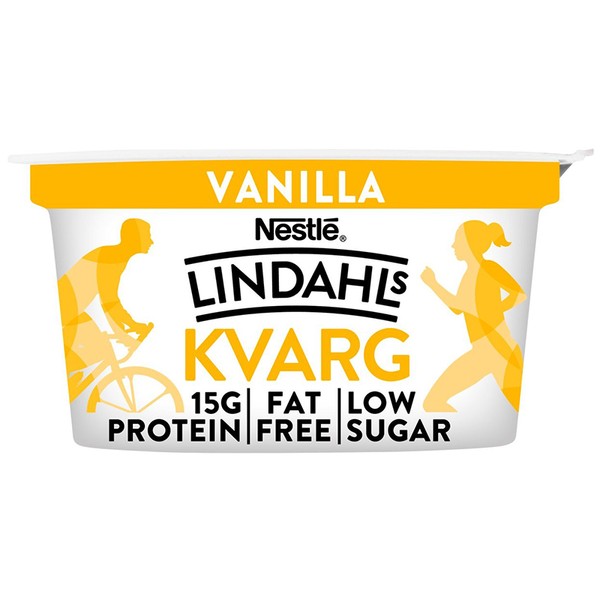
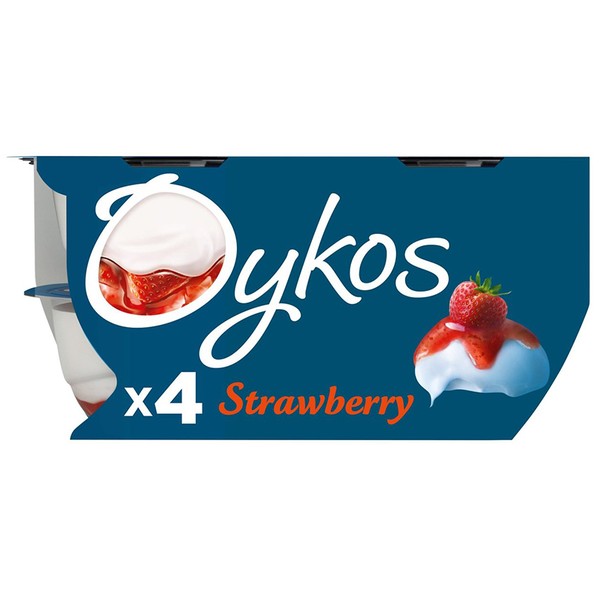
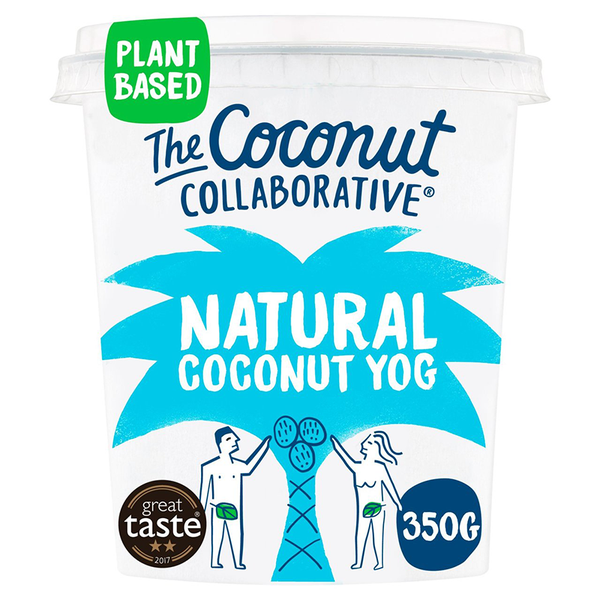
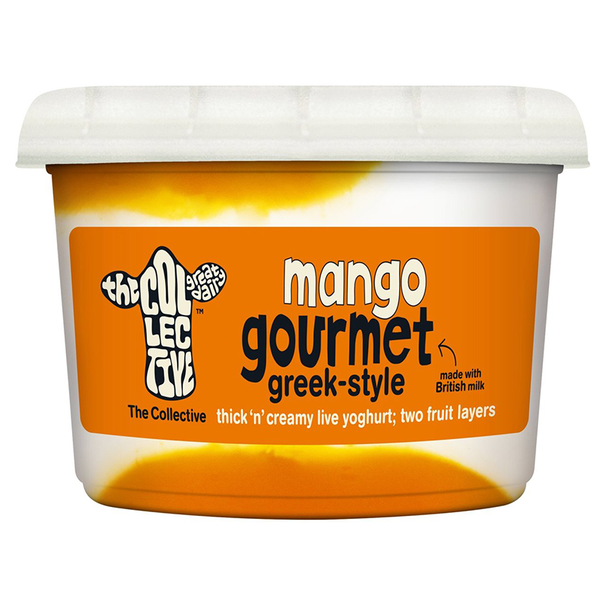
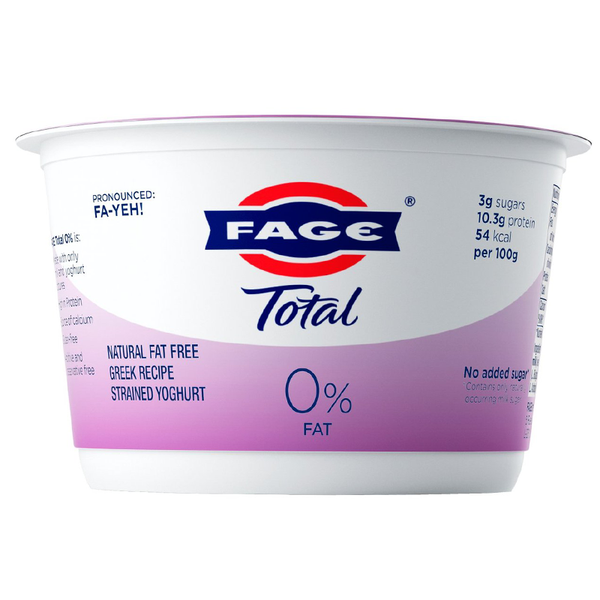
For more information visit LouisaDobbsNutrition.co.uk and FitByFlo.com
DISCLAIMER: Features published by SheerLuxe are not intended to treat, diagnose, cure or prevent any disease. Always seek the advice of your GP or another qualified healthcare provider for any questions you have regarding a medical condition, and before undertaking any diet, exercise or other health-related programme.
DISCLAIMER: We endeavour to always credit the correct original source of every image we use. If you think a credit may be incorrect, please contact us at info@sheerluxe.com.

